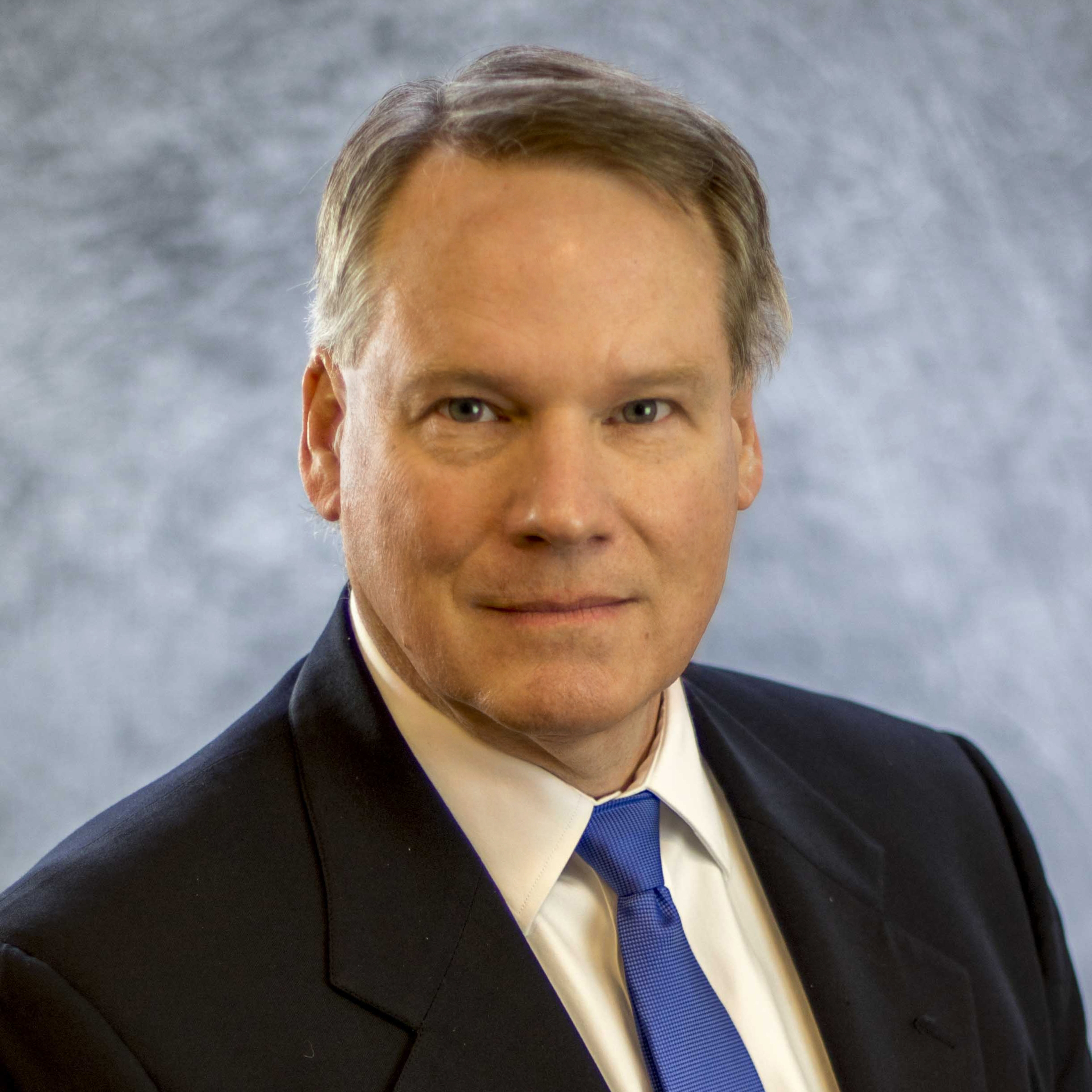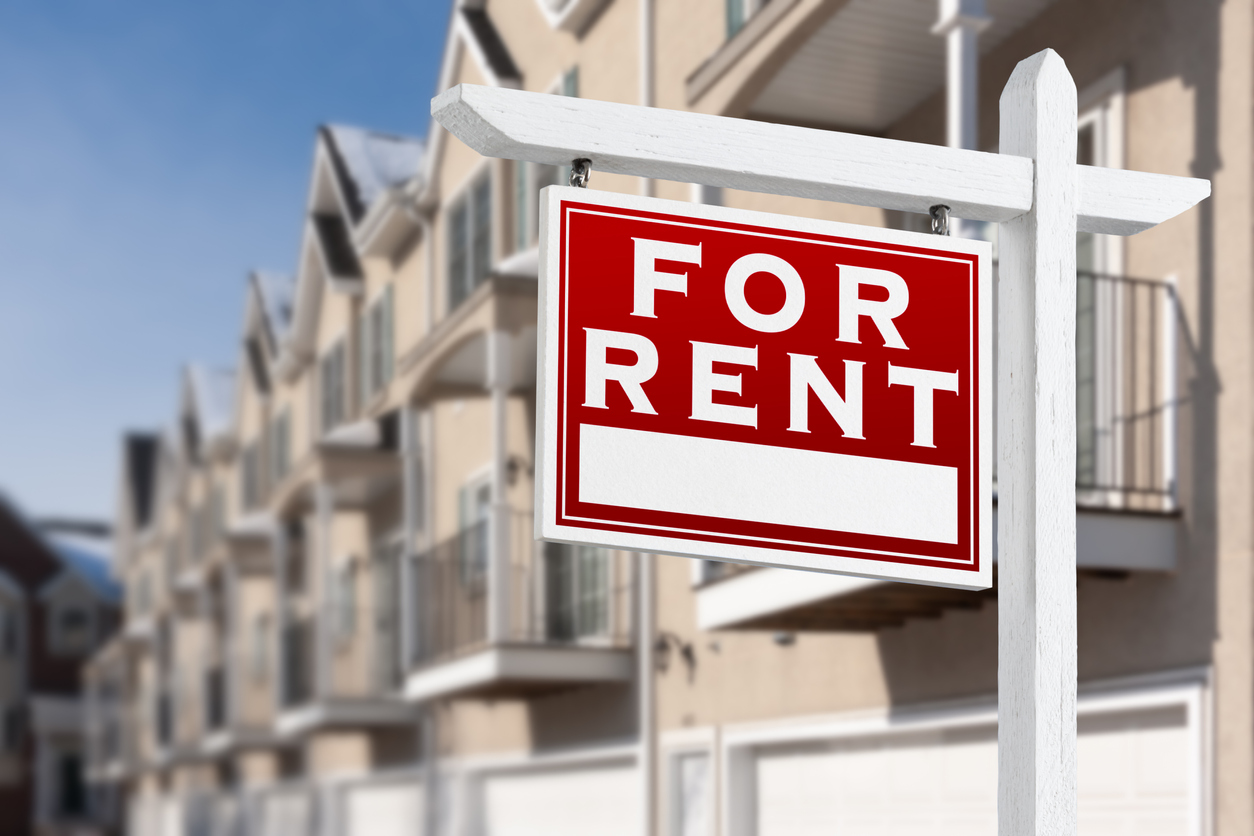A 20-year review finds that each of the last four governors sought to raise taxes
Download a PDF of this Legislative Memo with citations here.
Governor Jay Inslee says he wants to increase the tax burden state government imposes on Washington residents, as reflected in several provisions of his proposal for the 2015-17 state budget. In December the Governor announced he wants to increase taxes by some $1 billion over the two-year period. The tax-increase proposals contain no expiration dates and, if enacted, would constitute a permanent addition to the financial burden state officials place on households and businesses in Washington.
Governor Inslee’s tax increase would be in addition to the extra $3 billion in revenue (about an 8.6 percent increase) state officials estimate they will collect under current tax rates.
Previously, Governor Inslee had announced he opposed increasing taxes. He told voters in October 2012, he would “veto anything that heads in the wrong direction and the wrong direction is new taxes in the state of Washington” and that “I do not believe tax increases are the right path for the state of Washington.”
In covering the announcement, The Seattle Times noted that “...candidates for governor [in Washington] have a history of opposing tax increases during their campaign, only to have a change of heart once in office.” The pattern extends over a 20-year period, and possibly longer, and includes four governors. These governors, usually as candidates, initially said they were opposed to raising taxes, a position that voting patterns show is broadly popular with the public, then support budgets that raise taxes after they are in office.
Governor Inslee’s 2015-17 budget announcement is the latest instance of this pattern. Here are examples of similar actions by recent Washington governors.
Governor Jay Inslee (D) 2013-present
As a candidate, Jay Inslee took a strong position in opposition to tax increases, vowing to veto such a measure if sent to him by the legislature. The day he took office, Governor Inslee proposed making a temporary increase in the business and occupation tax permanent, a position he argued did not break his promise because it was not imposing a “new” tax, only cancelling the coming reduction in a current tax.
This year Governor Inslee proposed over $1 billion in new taxes, a clear reversal of his earlier position.
Position on tax increases
The Seattle Times reported Inslee said, “I would veto anything that heads in the wrong direction and the wrong direction is new taxes in the state of Washington.”
In office, Governor Inslee announced he would seek to cancel the scheduled expiration of $534 million in business and occupation tax increases, converting what had been a temporary three-year tax rise into a permanent increase. The legislature rejected the proposal, and the temporary tax increase expired as planned.
In December 2014, Governor Inslee proposed $1 billion in tax increases, as part of his proposal for the 2015-17 budget.
The Everett Herald called the Governor’s tax-increase proposal a “flip-flop;” and Seattle Times columnist Danny Westneat called candidate Inslee’s no-tax promise “disingenuous.”
Governor Christine Gregoire (D)
2005-2013
As a candidate, Governor Gregoire said that she opposed increasing taxes. In office, she signed a significant tax increase in 2005. As a candidate for re-election, Governor Gregoire again announced her opposition to tax increases. In her second term she proposed further tax increases.
The Seattle Times reports that as a candidate Christine Gregoire said, “Now is not the time you put taxes on people…” The Times added, “On her way to re-election Tuesday, Governor Christine Gregoire pledged not to increase taxes or fees to balance a state budget...” and, “Gregoire was pretty explicit during the campaign when pressed on whether she’d support increasing taxes or fees next year. She said no and reaffirmed the vow Wednesday.”
KOMO News reported, “After sounding like a tax foe in the 2004 campaign, Gregoire proposed a raft of new taxes and approved the Legislature’s even larger $500 million tax package for the 2005-07 budget.”
KOMO News also reported that when running for re-election Governor Gregoire said, “I said four years ago, I’ll say it again now: The last resort thing you want to do is go for taxes...”
Governor Gary Locke (D) 1997-2005
As a candidate Gary Locke promised to reduce state business taxes and opposed increasing the state sales tax as falling hardest on the poor. As governor, he vetoed a GOP-backed bill to cut the business and occupation tax, and proposed increasing the sales tax rate by 15 percent.
The Seattle Times reported Governor Locke, “edged away from a campaign promise to roll back 1993 increases in the business and occupation tax,” while vetoing a Republican-backed plan to cut the state property tax.
The Times reports the Governor, “during the campaign and as late as his inaugural address last month [January], ‘Of course, I also support rolling back the business and occupation tax to pre-1993 levels.’” He then vetoed the bill to do that the following month.
The Seattle Times reported Governor Locke proposed a $1 billion tax increase, to be collected through a 15 percent increase (from a 6.5 percent rate to a 7.5 percent rate) in the state sales tax. Voters later defeated the proposal at the polls. The Times described the proposal as “a flip-flop from Locke’s position last year that boosting the sales tax would hit the poor too sharply.”
The Seattle Times also reported, “Governor Locke, with only a few weeks left in office, is expected to propose a tax increase of about $500 million...” Shortly afterward, The Columbian reported, “He [Locke] proposed raising revenue by $598 million over two years...” including “a one percent tax on the gross receipts of physicians.”
Governor Mike Lowry (D) 1993-1997
As a candidate, Governor Lowry said tax increases would be a “last resort,” affirming he opposed raising taxes unless all other policy options had been exhausted. After two weeks as governor-elect, he announced that he intended to seek a tax increase in the legislature.
The Spokesman Review reported, “Lowry says tax hike could be last resort,” quoting him as saying, “My last answer, not my first, is taxes.”
The Seattle Times reported that 14 days after being elected, Governor Lowry said he had decided to raise taxes. “I don’t see a way out of the last resort of finding new revenues.”
Conclusion
A review of positions taken by four consecutive governors reveals a consistent pattern. As candidates, governors generally took a clear public position in opposition to raising taxes, promised to veto proposed tax increases or expressed support for limitations on raising taxes, aware that a no-taxes position adopted by a candidate would be popular with the public. Once in office, however, the review indicates a pattern of each governor breaking the earlier pledge and working to impose tax increases.
This pattern has continued under Governor Inslee. He initially sought to make permanent a temporary increase in business and operating tax rates, a position he argued should not count as a tax-increase proposal. Later he dropped the position of saying he did not want to raise taxes and included several new tax proposals in the budget bill he sent to the legislature.
The review also indicates that in instances when governors took a position, they expressed support for a state income tax. This position, as indicated by the vote against Initiative 1098 in 2010, is strongly opposed by the public.
The 20-year review confirms the research conclusion that, as candidates, governors in Washington state generally expressed strong opposition to tax increases, then after the election they have, as one media report put it, “a change of heart once in office.”




